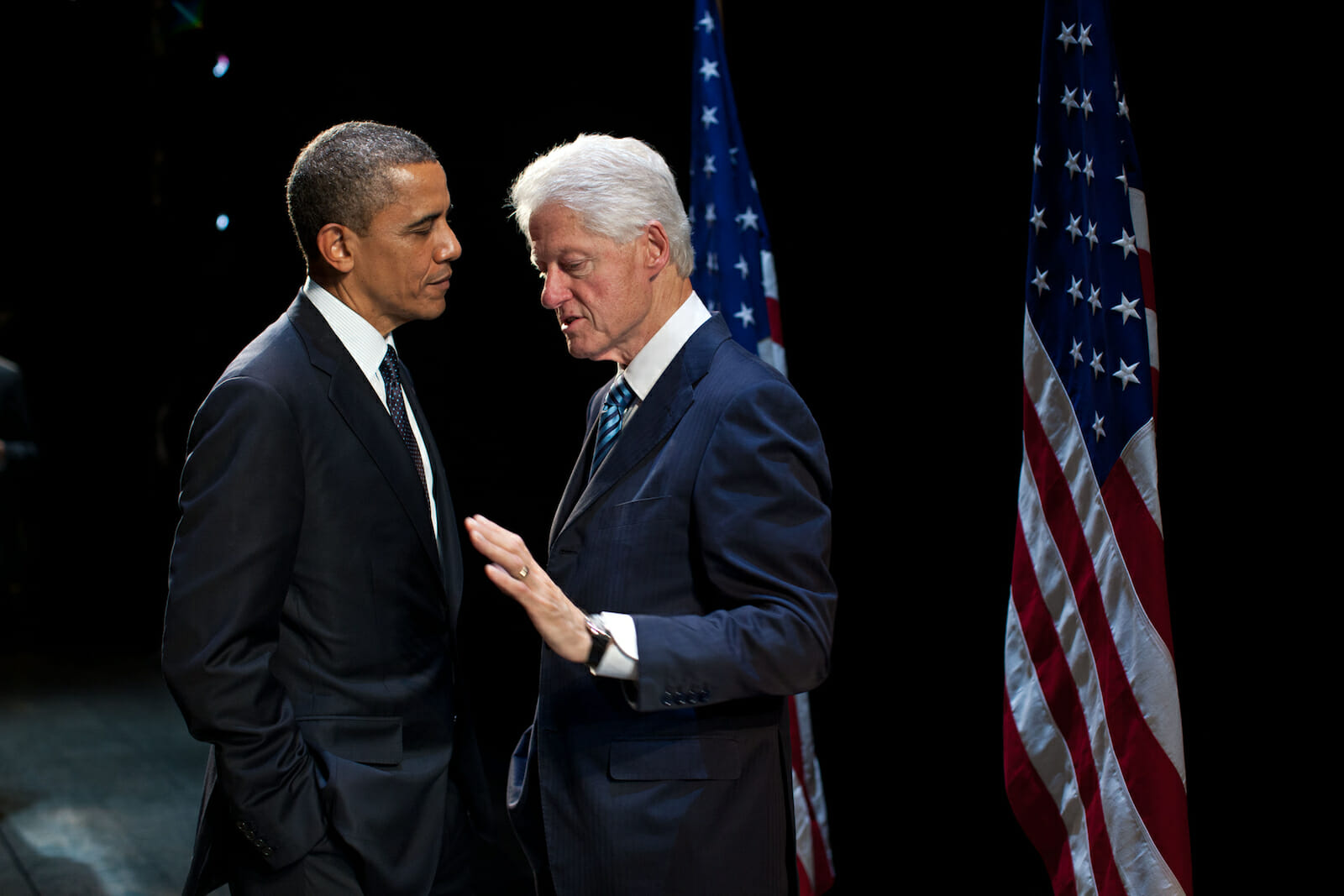
Politics
On the Reelection of Barack Obama
If Barack Obama is reelected he should consider himself quite lucky. Obama was heralded into office as a true visionary, someone who would be able to look beyond partisan politics and really change Washington. After all, Obama’s rise captures the very essence of the American dream.
Then reality set in. It was naïve of the Obama administration to think that its healthcare policy could be retroactively sold to the American public. It cannot. And US voters are generally unreceptive to that style of leadership. It might have been George W. Bush’s economy a few years ago, but it is President Obama’s economy now. Unemployment is still at 9 percent. The line between deliberation and reluctance to lead is a fine one. Ironically, Obama’s foreign policy has been much, much better than his domestic policy—in spite of the fact that US voters have seen significant amounts of policy continuity between the Obama administration and the Bush administration.
However, President Obama has spoken about cuts to the defense budget which he views as inevitable and necessary. He has also spoken recently about the US’s renewed emphasis in East Asia. All of this sounds fine, but does Barack Obama want to do too much with too little? Luckily for President Obama, Republican presidential candidates could hardly be doing a worse job of convincing moderates (or even diehard Republicans) that they have what it takes to be president.
Ron Paul will never be able to win a Republican primary, much less a general election. To a certain extent, this is too bad, as Paul does have many ideas about fiscal responsibility and the overall size of the federal government that resonate with independent voters.
Yet, much of Paul’s foreign policy, while coherent and consistent, makes people feel uncomfortable. People do not identify with Paul’s policy prescription of exuberant isolationism. Yes, the US should focus more on nation-building at home, but that does not mean the US should retreat from the global stage. An abrupt US withdrawal from world affairs would probably only herald more chaos and strain relationships with allies.
Jon Huntsman also has no chance at the GOP nomination. While the former ambassador to China may be viewed as competent when it comes to foreign policy, Huntsman suffers from an obvious lack of name recognition. More importantly, Huntsman is too moderate to excite staunch conservatives. Herman Cain’s rise was highly entertaining, although it was undoubtedly transitory. The man was never a serious candidate and does not merit further attention. His response to Obama’s decision-making on Libya is one of the more disturbing (albeit amusing) examples of this. If Mr. Cain is unable to handle softball questions from the Milwaukee Journal-Sentinel editorial board, he is probably not presidential material. The recent allegations of sexual harassment against Cain have had a more devastating effect, but these claims only hastened his inevitable decline.
Rick Perry seems to think that just because he governs a state, that people should trust him to run the entire country. As many analysts have already shown, Perry’s economic record in Texas is nowhere near as impressive as he makes it out to be. And, when it comes to foreign policy, he has seemed almost as clueless as Herman Cain – no small feat. Perry can make a decent case to those on the far right, but centrists have not bought it.
Newt Gingrich’s recent ascension is especially intriguing, as he seems to have timed things perfectly. He may be the smartest of the bunch but his arrogance, lack of discipline and checkered past are highly unappealing. Yet, heading into Republican primaries in January, it would appear that voters have only two viable options: Gingrich or Romney. This is probably no less true than it is depressing.
What about Mitt Romney? Governor Romney looks so good on paper, but he should have sealed the deal by now. Essentially Romney has been running for president for the past five years. And yet, with all kinds of name recognition and money, he has been unable to convince Republican voters that “President Mitt Romney” is a good idea. As a myriad of others have already pointed out, Mitt Romney is the quintessential prevaricator. Furthermore, he has run a rather perfunctory campaign bereft of original ideas. Unfortunately, Romney is uncomfortable with the promulgation of new thoughts and would prefer to repackage old ones, like when he pontificates about “American greatness” and articulates a foreign policy that is essentially an addendum to George W. Bush’s vision of America’s role in the world.
Having said all of that, Romney will still be the man to beat in early January. And he is still the candidate who has the best chance to give Obama a run for his money next November. As Josh Rogin of Foreign Policy has noted, the Obama administration seems to have already made the calculation that Romney will be the guy—explaining the recent White House memo castigating Romney’s inconsistent assertions when it comes to foreign policy. If Republicans are unable to unseat Obama, the party’s leadership should do some serious thinking about how to appeal to a broader part to the US electorate—or how to find some better candidates.
It really is hard to say how American moderates will behave next November. Yet it is no secret that most elections (in the US or anywhere else) are decided upon economic issues, militating against another four years of Barack Obama. By historical standards, Barack Obama is a weak incumbent, but the GOP field is even weaker.
Regardless of who wins next November’s presidential election, that person must encourage both parties to work together. Bipartisanship in Washington remains illusory. It is anathema to current political discourse. The recent melodrama surrounding the debt ceiling was a depressing reminder of this. Just look at the reckless and irresponsible behavior of Tea Party Republicans—political philistines purporting to be patriots. Unfortunately, irreverence, intolerance and myopia are in vogue these days in DC. The continued polarization of American politics will only exacerbate the grave and urgent challenges that the US already faces. Sure, a modicum of American decline is inevitable, but that does not mean it has to be devastating.

